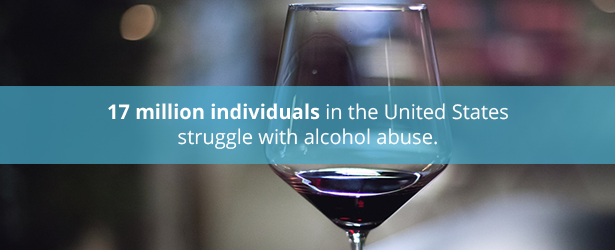People drink to socialize, celebrate, and relax. Alcohol often has a strong effect on people – and throughout history, we’ve struggled to understand and manage alcohol’s power. Why does alcohol cause us to act and feel differently? How much is too much? Why do some people become addicted while others do not? Here at NIAAA, we are constantly researching the answers to these and many other questions about alcohol. Here’s what we know:
While drinking alcohol is itself not necessarily a problem – drinking too much can cause a range of consequences, and increase your risk for a variety of problems.
Alcohol enters your bloodstream as soon as you take your first sip. Alcohol’s immediate effects can appear within about 10 minutes. As you drink, you increase your blood alcohol concentration (BAC) level, which is the amount of alcohol present in your bloodstream. The higher your BAC, the more impaired you become by alcohol’s effects.

According to the National Institute on Drug Abuse, alcohol is the most prevalent drug among individuals over the age of 12. It can be legally obtained and consumed after the age of 21. It isn’t uncommon for people to underestimate the potential for becoming addicted to this substance. Alcohol acts as a depressant of the central nervous system. While intoxicated, people experience a decreased fear of rejection and increased pleasure and social confidence.
There are believed to be more than 17 million individuals in the United States who a struggling with alcohol abuse. Because of the effects alcohol has on the central nervous system, withdrawing can be fatal. If you or a loved one wants to overcome an alcohol abuse disorder, you should seek the help of a medical professional to safely withdrawal.
Don’t try to navigate addiction alone. You will need to speak with a medical professional concerning your plans for sobriety and ask them to connect you to professional support for recovery. We believe your situation and needs are unique, so your treatment plan should be too. Our experienced staff will help you select a one-of-a-kind, tailor-made treatment plan specifically designed for you or your loved one. Massachusetts offers a wide selection of locations from which to choose. Some prefer to find a place close to home, while others choose to leave their current environments completely so they can begin healing in a fresh setting. LifeVSDrugs can offer opportunities for getting professional help contact us or call 978-609-7163.